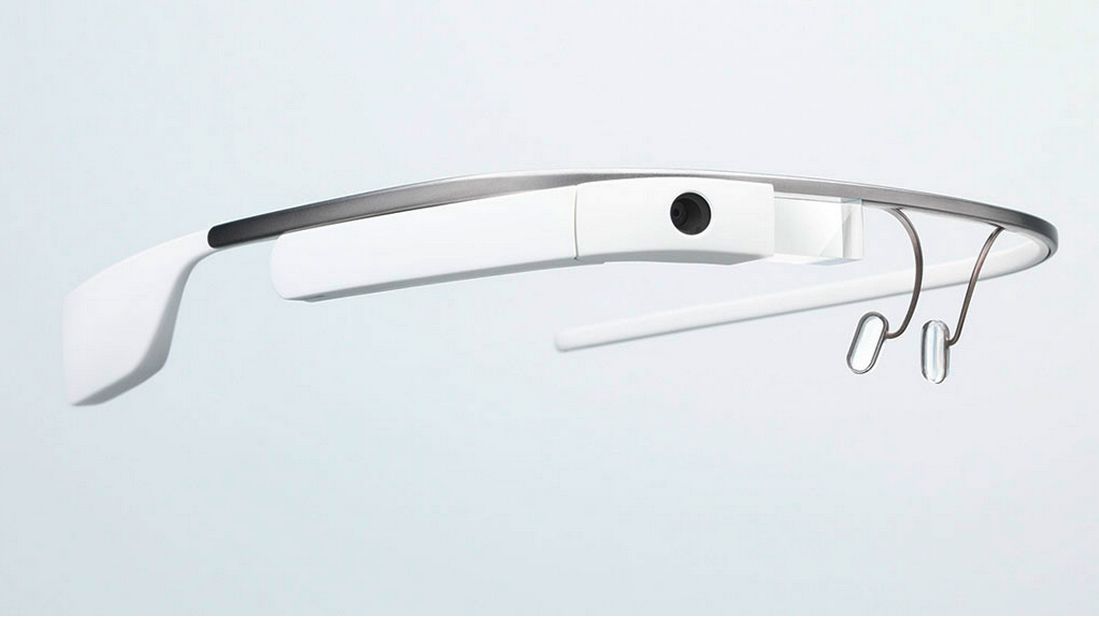Google Glass as we know it is done, but it's not dead
Still committed to Glass consumer release

Sign up for breaking news, reviews, opinion, top tech deals, and more.
You are now subscribed
Your newsletter sign-up was successful
Google Glass in its current form is no more.
Google is ending the Glass Explorer program "so we can focus on what's coming next," the Glass team wrote in a Google+ post.
Google will no longer produce Glass Explorer Editions, yet, according to the BBC, it remains committed to eventually releasing a version for consumers.
As the current program shuts down, Google said it will continue to work on future versions of the wearable, releasing the next version of Glass "when it's ready."
January 19 is the last day to buy a Glass Explorer Edition.
Moving out and up
The decision to shut down the Explorer program is spurned by Google Glass' graduation from the future-forward Google X labs, becoming its own entity within Google. The change, the company wrote on Google+, will help push it closer from concept to reality.
The Glass team will now report to Tony Fadell, CEO of Nest, which is owned by Google. Glass is not becoming part of Nest, Google noted, and no changes are due for the Nest team.
Sign up for breaking news, reviews, opinion, top tech deals, and more.
Though shutting down the Explorer program may at first glance look like a failure for Google and Glass, the company said the point of the program was to gather feedback for future, improved versions of the wearable. It's apparently gathered enough and now that Glass has grown up, so to speak, Google will focus on creating better versions to presumably sell to consumers.
Launched in 2013, the Glass Explorer program let developers pay $1,500 (£1,000, about AU$1,589) for a pair of the wearable eyewear. Google opened the program to everyone in the US last year, but signs it was on somewhat-shaky footing began to show late in 2014. The consumer release was reportedly pushed to 2015, and even Glass' chief evangelist, Google Co-Founder Sergey Brin, was caught without his signature accessory after he left it in the car.
Future Glass hardware seems a given, but the wearable's place in society is a contentious topic. The device has been banned from places like bars, and "Glasshole" is far from an term of endearment. Google released an etiquette guide for Glass wearers early last year. How future Glass models address - or don't - many people's aversion to the hardware will be something to watch closely.
TechRadar asked Google for more details on the future of the Glass program and what today's move means for the wearable and its consumer release but wasn't provided any specifics.

Michelle was previously a news editor at TechRadar, leading consumer tech news and reviews. Michelle is now a Content Strategist at Facebook. A versatile, highly effective content writer and skilled editor with a keen eye for detail, Michelle is a collaborative problem solver and covered everything from smartwatches and microprocessors to VR and self-driving cars.